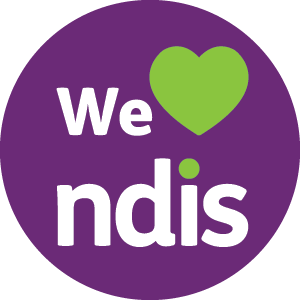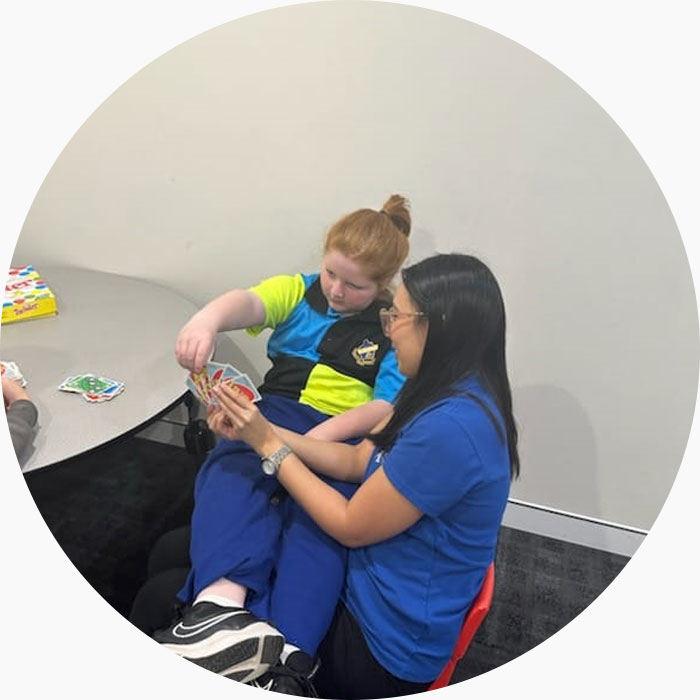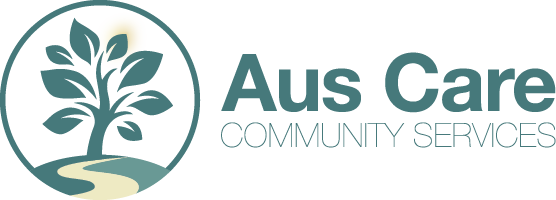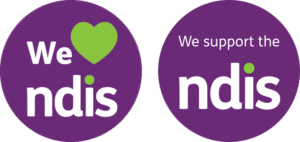At Aus Care Community Services, we provide a full range of NDIS allied health support services that empower participants to achieve their goals, improve daily functioning, and enjoy a better quality of life. Whether it’s learning to communicate more effectively, improving mobility, building strength, or managing emotional wellbeing, our allied health professionals work alongside you every step of the way.
Allied Health Support Services

Collaborative, Individualised Therapies to Help You Thrive
What Is Allied Health in the NDIS?
Allied health services refer to professional therapies that help participants with functional, communication, psychological, or physical needs. Under the NDIS, allied health supports are typically funded under Capacity Building categories, including Improved Daily Living and Improved Health and Wellbeing.
These services are ideal for participants of all ages who require therapeutic support to grow and thrive:
- Learn new skills
- Improve emotional regulation
- Enhance physical function or communication
- Build routines for independent living

Our Allied Health Services
Occupational Therapy
Occupational therapists help participants improve their ability to perform everyday tasks and live as independently as possible.
Examples of support include:
- Developing personal care routines (e.g. showering, dressing, grooming)
- Home modifications to improve safety and accessibility
- Fine motor skill development for tasks like handwriting or using cutlery
- Sensory regulation strategies for participants with sensory processing issues
- Assistive technology assessments (e.g. grab rails, wheelchairs, modified tools)
Case Example: A teenager with autism struggles with transitions between home and school. Our OT creates a visual transition toolkit and works with the family and school to create consistent strategies that reduce anxiety.
Speech Therapy
Speech pathologists work with participants to improve communication, speech clarity, social skills, and swallowing.
Common services include:
- Speech and language development for non-verbal or minimally verbal individuals
- Alternative and Augmentative Communication (AAC) systems like Proloquo2Go or PECS
- Social communication strategies for group or peer settings
- Swallowing and mealtime assessments for participants with feeding issues
Case Example: A young adult with cerebral palsy uses a communication app to express basic needs. Our speech therapist trains both the participant and carers to use the app fluently, improving confidence and reducing frustration.
Physiotherapy
Physiotherapists support movement, strength, posture, and balance to enhance independence and reduce the risk of injury.
Support may include:
- Developing personalised exercise programs
- Gait training and walking aid assessments
- Post-surgical or post-injury rehabilitation
- Balance improvement and fall prevention strategies
- Pain management for chronic conditions
Case Example: An adult with multiple sclerosis experiences fatigue and reduced mobility. A physio works with the participant to introduce pacing strategies and gentle resistance training, improving energy levels and function.
Psychology & Counselling
Psychologists provide emotional and behavioural support to help participants understand themselves better and manage challenges in everyday life.
Examples of support:
- Cognitive behavioural therapy (CBT) for anxiety or depression
- Support with emotional regulation, stress, and resilience
- Strategies for managing social relationships and boundaries
- Psychoeducation for carers and families
Case Example: A teenage participant with social anxiety begins sessions with a psychologist and gradually progresses from home-based support to community outings.
Dietitians
Dietitians provide expert advice on nutrition, mealtime planning, and food-related challenges for participants with medical or sensory needs.
Services include:
- Meal planning for participants with disabilities or chronic health issues
- Support with restrictive diets (e.g. allergies, diabetes, sensory aversions)
- Managing underweight or overweight participants
- Working with behaviour support teams for food refusal or bingeing
Case Example: A participant with Prader-Willi Syndrome receives support from a dietitian to create portion-controlled meals, helping to stabilise weight and reduce emotional eating triggers.
Comprehensive Allied Health Support Customised to You
We deliver person-centred, evidence-based support in a way that respects your individual needs, cultural background, and NDIS goals.
Our team includes experienced occupational therapists, speech pathologists, physiotherapists, psychologists, and dietitians who are committed to helping you live with greater independence, safety, and confidence.
Let’s Build Skills for Life
If you’re ready to develop new skills, regain independence, and feel supported every step of the way, Aus Care CS is here to help. Our allied health professionals are committed to empowering you with the tools you need to thrive.
Why Allied Health Matters
Allied health services are critical to building capacity in everyday life. Participants who engage with these services often experience:
- Increased confidence and independence
- Improved relationships and communication
- Reduced hospital visits and long-term health risks
- Greater engagement in school, work, and community activities
- Enhanced self-regulation, resilience, and emotional wellbeing
Our allied health professionals work hand-in-hand with families, support workers, schools, and other stakeholders to ensure consistency and continuity of care.
Integrated Support and Collaboration
At Aus Care CS, we don’t work in silos. Our allied health team collaborates across disciplines to provide holistic support. This means:
- Coordinating with behaviour support practitioners to align therapy goals
- Liaising with Support Coordinators to track participant progress
- Co-delivering training to support workers and carers
- Providing reports and outcome measures for NDIS reviews
Whether you’re navigating early childhood milestones or facing complex needs as an adult, our allied health team ensures your supports are aligned and your goals are within reach.
Getting Started with Allied Health Services
To access allied health services under the NDIS, participants must have funding under relevant Capacity Building supports. We can assist you to:
- Review your current plan and available budgets
- Connect with the right therapists for your needs
- Schedule assessments and develop service agreements
- Prepare supporting documentation for plan reviews

Why Choose Aus Care Community Services?
- Experienced, qualified allied health professionals
- Flexible delivery options including in-home, community, school, or telehealth
- Person-centred and culturally inclusive practices
- Consistent communication and transparent reporting
- Integrated therapy model with your broader care team
What Our Community Says
Real stories from people we support, sharing how Aus Care Community Services has made a meaningful difference in their lives, every step of the way.
Ready to Get Started?
Reach out to us today and let's discuss how we can support your NDIS Journey.
Your life, your plan, our goal.
Get In Touch
Please complete the form to submit an enquiry.




